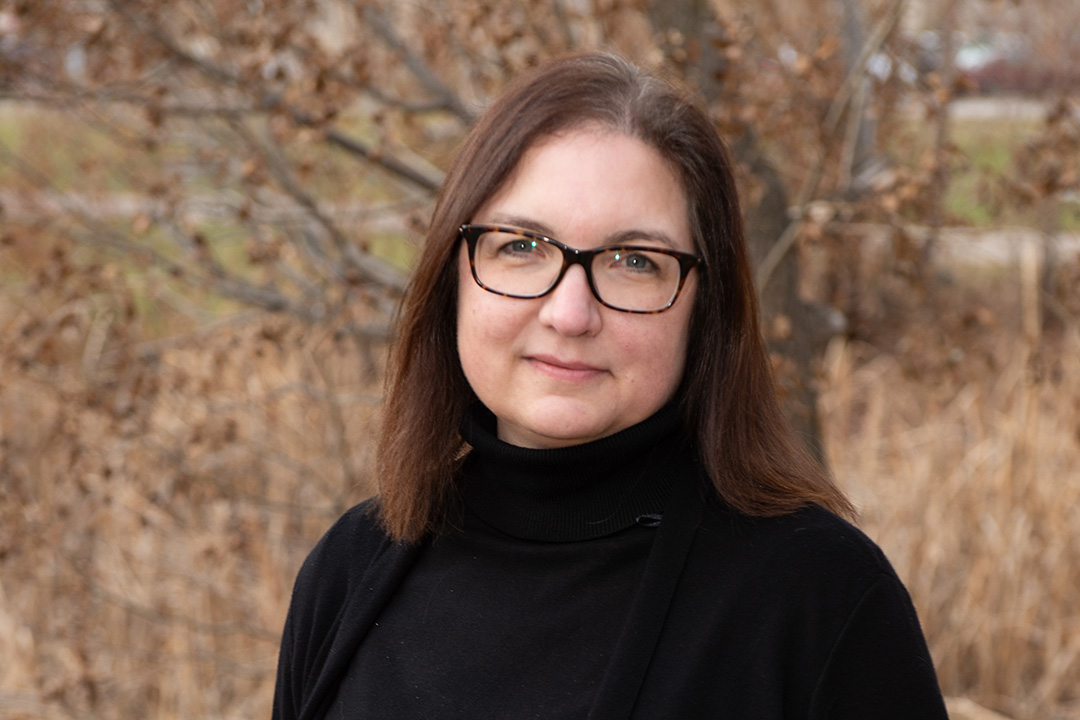
Getting to Know: Dr. Julie Kosteniuk
A Q-and-A with Dr. Julie Kosteniuk (PhD), a Saskatoon-based faculty member at the Canadian Centre for Rural and Agricultural Health.
Could you provide a short description of your background?
I completed my training at the University of Saskatchewan, receiving a BA and MA in Sociology, and a PhD in Psychiatry. I went on to complete a postdoctoral fellowship with Dr. Debra Morgan (Canadian Centre for Rural and Agricultural Health) and worked as a professional research associate with the Rural Dementia Action Research (RaDAR) team.
What is your area of research?
My research focuses on advancing care and services for older adults living with dementia in rural communities. Rural Canada is aging more quickly than cities but tend to have fewer community resources and less access to specialized health services, which can affect timeliness of diagnosis, treatment, and supports. My main areas of study are rural primary care, community supports, and surveillance of health service utilization.
Could you tell us about the “big moments of research” for you?
Early on, a health care provider in long-term care made the point that we should be going further upstream to put in supports and programs for people with dementia, to ensure they have a diagnosis before they get into crisis mode and move prematurely into long-term care. Then a few years later, I was involved in co-designing RaDAR memory clinics with rural primary health care teams. After the clinic was up and running in one of the first sites, one of the clinic members remarked that this was the kind of care and support they would want for themselves and their family. Memory clinics are now running in several communities across southeast Saskatchewan as part of an ongoing research study, and it is gratifying to know they are making a difference.
What are your future aspirations for research?
In terms of promoting community supports, we are just starting an evaluation of a promising new program in congregate home settings to increase rural older adult participation in physical, cognitive, and social activities. I am also looking forward to examining rural and other variations in dementia prevalence and incidence, and in primary care capacity for dementia care. One of my main hopes is to implement a new version of the RaDAR memory clinic model for smaller rural communities that may not have ready access to all the regular team members.
